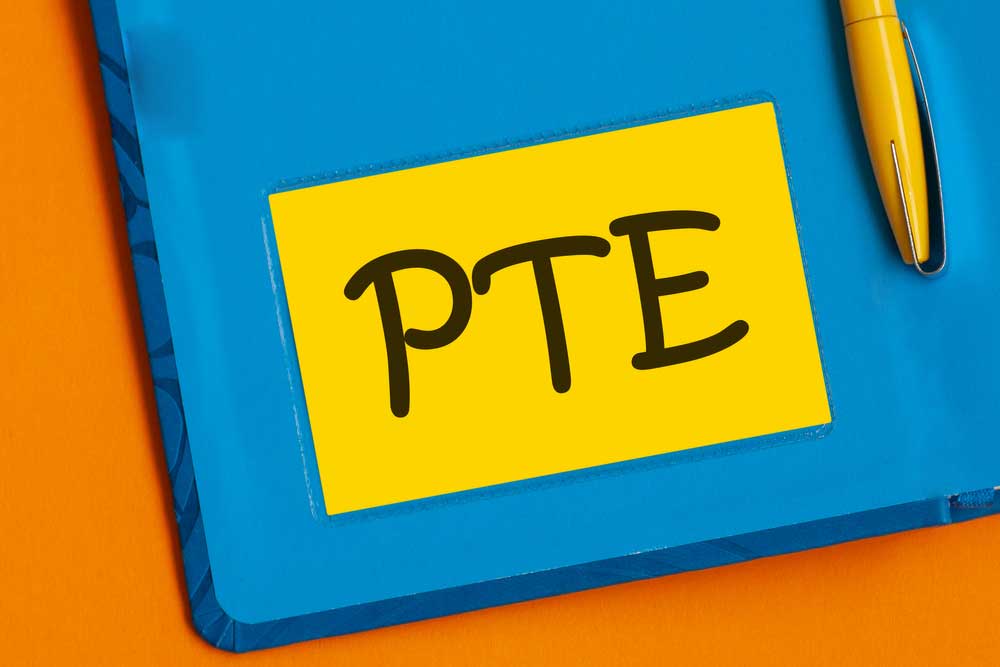Have you ever wondered who holds the key position on the ethics committee? The main member of this committee plays a crucial role in upholding ethical standards within an organization. Their responsibilities are vast, requiring specific qualifications and expertise. But who exactly is entrusted with this significant role, and what kind of impact do they have on organizational ethics? These questions beg exploration as you consider the intricate dynamics at play within an ethics committee. Read Ethics Committee Registration India
Role and Responsibilities of the Main Member
- As the main member of the Ethics Committee, your primary role is to oversee the ethical decision-making process and ensure adherence to ethical standards within the organization. Your responsibilities include evaluating the ethical implications of policies, procedures, and practices. You’re tasked with developing and implementing ethical guidelines that align with the organization’s values and objectives. It’s essential to lead by example and promote a culture of integrity and transparency.
- Furthermore, as the main member, you play a crucial role in educating employees about ethical behavior and providing guidance on ethical dilemmas they may encounter. You’re responsible for addressing any ethical concerns raised by staff members and investigating reported violations of ethical standards. Upholding the organization’s reputation for ethical conduct falls within your purview, requiring you to act decisively and impartially in resolving ethical issues that arise.

Qualifications and Expertise Required
- To effectively fulfill the role of the main member of the Ethics Committee, possessing specific qualifications and expertise is essential. Ethics expertise is paramount as the main member is responsible for ensuring that ethical considerations are at the forefront of all committee decisions. Strong leadership qualities are also crucial for guiding the committee in upholding ethical standards and fostering a culture of integrity.
- Moreover, conflict resolution skills are vital for addressing any disagreements or ethical dilemmas that may arise during committee discussions. The main member must be adept at facilitating constructive dialogue and reaching consensus in ethically challenging situations. Ethical analysis is another key competency required, as the main member must be able to evaluate complex ethical issues, consider various perspectives, and make sound judgments that align with ethical principles.
Read Ethics Committee Registration
Decision-Making Authority and Influence
- The main member of the Ethics Committee exercises significant decision-making authority and wields substantial influence over the ethical direction and decisions of the committee. When faced with ethical dilemmas, this individual plays a crucial role in applying ethical principles to guide the committee towards sound decisions. Upholding ethical standards is paramount, and the main member must make ethical judgments based on a thorough understanding of the committee’s values and the broader ethical considerations at play.
- In navigating complex ethical issues, the main member’s decisions can shape the overall ethical framework within which the committee operates. By leveraging their authority and influence responsibly, this individual sets a precedent for upholding integrity and promoting ethical behavior among committee members. It’s essential for the main member to lead by example, demonstrating a commitment to transparency, fairness, and adherence to ethical principles in all decision-making processes. Ultimately, the ethical compass of the Ethics Committee often rests in the hands of its main member, emphasizing the weight of their decision-making authority and influence.
Interaction With Other Committee Members
- The effective collaboration and communication among committee members is crucial for maintaining a cohesive ethical framework within the Ethics Committee, building upon the decisions made by the main member regarding ethical dilemmas. Collaborative decision-making within the committee involves active participation from all members, where each individual’s expertise and perspectives contribute to the overall ethical considerations. Team dynamics play a significant role in shaping the discussions and outcomes of ethical dilemmas brought before the committee.
- When interacting with other committee members, it’s essential to foster an environment of respect, open dialogue, and constructive feedback. Each member’s input is valuable in shaping the ethical direction of the committee’s decisions. By actively engaging with one another, committee members can leverage their diverse backgrounds and experiences to address complex ethical issues more effectively.
- Effective interaction among committee members not only enhances the quality of decisions but also fosters a sense of unity and shared responsibility towards upholding ethical standards within the organization. Embracing collaborative decision-making processes and understanding team dynamics are key components in ensuring the Ethics Committee operates cohesively and ethically.
Impact on Organizational Ethics
- Enhancing organizational ethics requires a collaborative approach guided by the mutual commitment of all Ethics Committee members. Ethical decision-making within an organization is influenced significantly by the leadership and actions of the Ethics Committee. This committee plays a crucial role in setting the tone for ethical behavior, fostering a culture of integrity, and ensuring that ethical standards are consistently upheld throughout the organization.
- Ethical leadership within the Ethics Committee is essential for promoting a strong ethical framework within the organization. Committee members must lead by example, demonstrating a commitment to honesty, transparency, and accountability in all decision-making processes. By embodying these ethical principles, committee members set a standard for the entire organization to follow, creating a culture where ethical behavior is valued and prioritized.
- Ultimately, the impact of the Ethics Committee on organizational ethics is profound. Through their ethical leadership and commitment to ethical decision-making, committee members help shape the ethical culture of the organization, guiding employees towards upholding the highest standards of integrity and accountability.
Conclusion
In conclusion, the main member of the ethics committee plays a crucial role in upholding ethical standards within an organization. With their qualifications, expertise, decision-making authority, and influence, they guide the committee in making ethical decisions. Their interactions with other committee members are key to promoting ethical practices and maintaining organizational integrity. Overall, the main member significantly impacts the organization’s ethical framework and ensures ethical behavior is prioritized.


